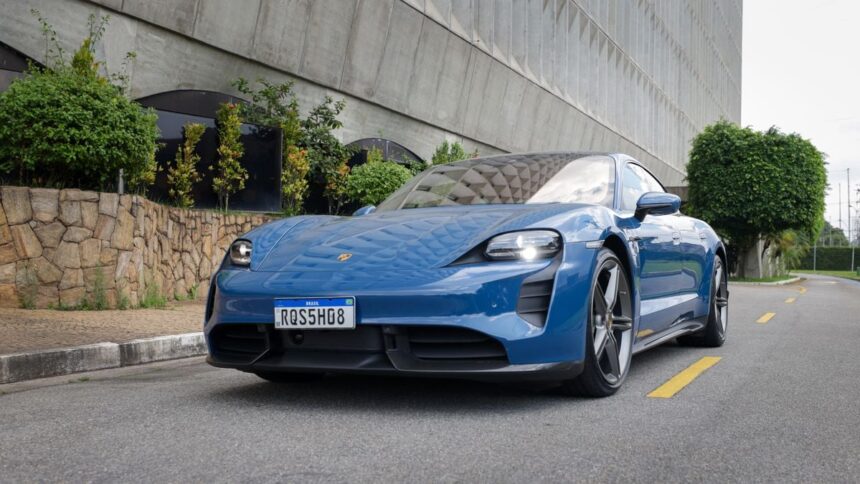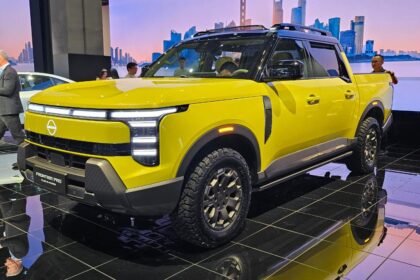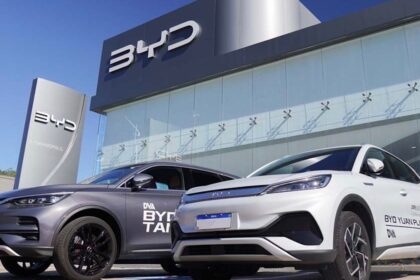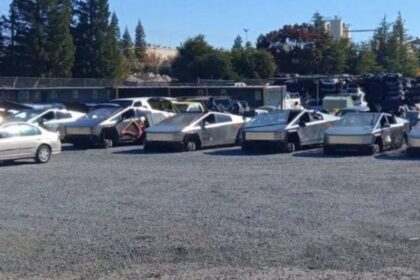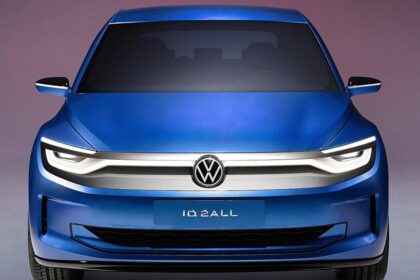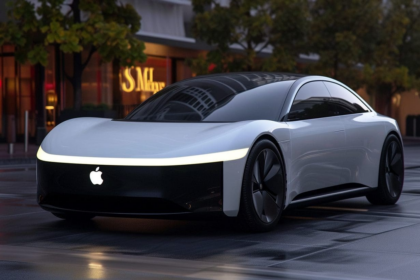Electric vehicle (BEV) sales have grown exponentially worldwide, yet interestingly, some manufacturers are now “putting the brakes on” their plans for total fleet electrification. This shifting perspective includes several major automakers, with the notable exception of Chinese brands, who have gained market prominence through their advanced electric vehicle technology development.
Even the European Union, which had previously established a deadline for phasing out combustion engines in favor of fully electric vehicles, has reconsidered its position and extended the timeline for automakers to implement these new technologies in their fleet transition.
Porsche is the latest manufacturer to revise its electrification strategy, stepping back from its 2030 all-electric fleet goal. Lutz Meschke, Porsche’s CFO, has reviewed plans for models like the Panamera and Cayenne, citing strong customer demand for combustion engines in the premium and luxury segments as the primary reason for this strategic shift.
“Hybridization” justifies a change of direction
Chevrolet, the early pioneer of battery electric vehicles (BEVs), has become the first major automaker to rethink its electrification strategy. Despite initially committing fully to all-electric technologies, the brand has decided to shift its approach.
This strategic pivot was announced by GM’s CEO, Mary Barra, during a meeting with shareholders in February 2024. Barra revealed that the company would now invest in plug-in hybrid vehicles, though this change would not affect the U.S. market, where General Motors is headquartered.
Barra noted that the decision to include hybrids was influenced by several factors, even though GM’s long-term goal to achieve a fully electric fleet by 2035 remains intact.
This move towards hybrids has sparked similar reconsiderations among other major car manufacturers. Mercedes-Benz, Ford, Volvo, and Porsche have all adjusted their plans, opting for hybrid vehicles as a transitional step toward an entirely electric lineup by the end of the decade.
“Customer desire”, resale price: what brands claim
Each automaker has its own reasons for revising its electrification strategy. Porsche’s CFO, Lutz Meschke, was quite candid about their approach: “We will update our combustion engine models, including the Panamera and Cayenne, and we’ll continue to invest in plug-in hybrids. We’re keeping our options open.”
For GM, the shift is driven by market demand, according to Fabio Rua, the company’s VP of public relations, communications, and ESG for Latin America. Rua noted, “Customers have indicated they want hybrid engines in Chevrolet vehicles, so starting in 2025, that’s what we’ll deliver.”
Martin Galdeano, President of Ford South America, echoed a similar sentiment. In an interview with Canaltech, he emphasized, “The choice belongs to the customer,” and as a result, Ford plans to support a variety of powertrain technologies.
Another key factor in the reconsideration of fully electric lineups is the decline in the resale value of pure electric vehicles. Even high-end brands like Mercedes-Benz and Tesla have faced significant depreciation issues with their EV models. This drop in value is largely due to consumer concerns over battery longevity and inadequate charging infrastructure, especially in markets like Brazil and other developing regions.
Total electrification remains a focus
Despite shifting their strategies, automakers insist that they have not abandoned their goal of fully electrifying their fleets in the near future. Even if this transition does not occur by the original target of 2030, they remain committed to achieving 100% electric vehicles in the years to come.
The report of Volvo made its position clear.
“Our electric and hybrid models are now part of a portfolio that clearly pave the way for our 100% electric future. While we firmly believe that electrification is the future, this transition will not be linear and we will continue to invest in expanding our product line, both launching new 100% electric products and improving existing ones until complete replacement in the long term.”
GM has echoed the same sentiment, assuring that its ultimate goal remains the complete electrification of its portfolio. Fabio Rua summed it up by stating, “Our future is electric.”

